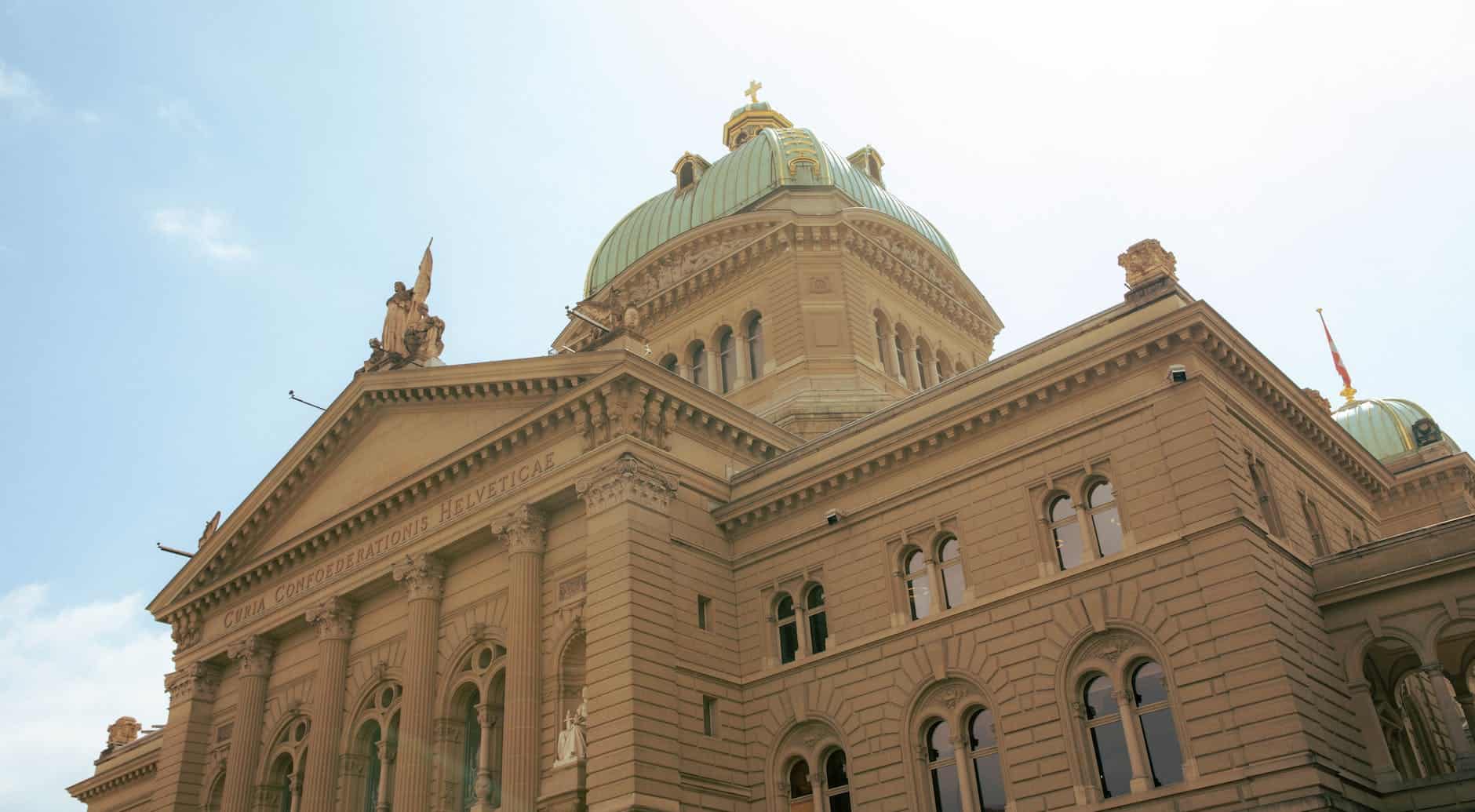After the United States, Switzerland has the world’s second most costly healthcare. Cost-saving reforms put forward by the health minister over many years have yielded little. Last week, average compulsory health insurance premiums rose the most in more than a decade. This week, an investigation by the newspaper SonntagsZeitung (NZZ), revealed 90 parliamentarians working as lobbyists for the healthcare sector, reported RTS. Photo by Louis on Pexels.comIn addition to widespread parliamentary support, there are a further 23 true healthcare lobbyists who openly work for healthcare sector industry groups, such as hospitals, doctors’ interest groups and pharmaceutical advocacy organisations. To be considered a true lobbyist requires an official mandate from a formal organisation in the
Topics:
Investec considers the following as important: Editor's Choice, Healthcare costs Switzerland, Personal finance, Politics
This could be interesting, too:
Investec writes The global brands artificially inflating their prices on Swiss versions of their websites
Investec writes Swiss car insurance premiums going up in 2025
Investec writes The Swiss houses that must be demolished
Investec writes Swiss rent cuts possible following fall in reference rate
After the United States, Switzerland has the world’s second most costly healthcare. Cost-saving reforms put forward by the health minister over many years have yielded little. Last week, average compulsory health insurance premiums rose the most in more than a decade. This week, an investigation by the newspaper SonntagsZeitung (NZZ), revealed 90 parliamentarians working as lobbyists for the healthcare sector, reported RTS.

In addition to widespread parliamentary support, there are a further 23 true healthcare lobbyists who openly work for healthcare sector industry groups, such as hospitals, doctors’ interest groups and pharmaceutical advocacy organisations. To be considered a true lobbyist requires an official mandate from a formal organisation in the sector.
Parliamentary support for the sectors varies by party affiliation. Members of the Swiss People’s Party (SVP/UDC), PLR/FDP and Centre are more likely to support the health insurance and pharmaceutical sectors, while members of the Socialist Party are more likely to support doctors and hospitals.
The 90 elected informal lobbyists make up 45% of Switzerland’s 200 seat parliament known as the National Council. According to NZZ, the phenomenon is neither new or automatically problematic. Switzerland’s system, which is made up of part time parliamentarians, brings a level of real world expertise to the management of the nation. However, lobbying by the healthcare sector has reached a worrying level that seems to be blocking reform, it said. Attempts to cut costs and premiums have failed in recent years.
The newspaper also points out that there is a lack of transparency regarding the remuneration lobbyists receive.
More on this:
RTS article (in French) – Take a 5 minute French test now
For more stories like this on Switzerland follow us on Facebook and Twitter.
